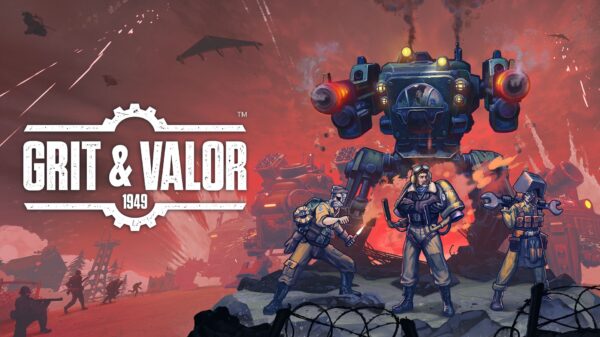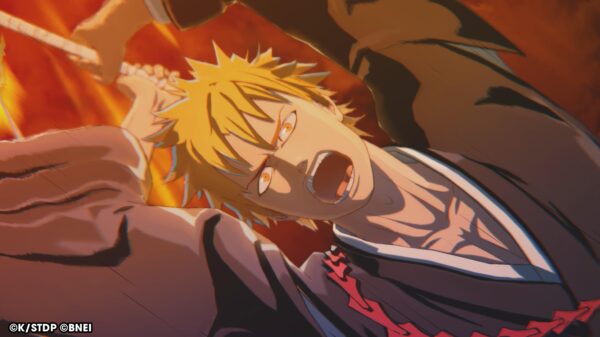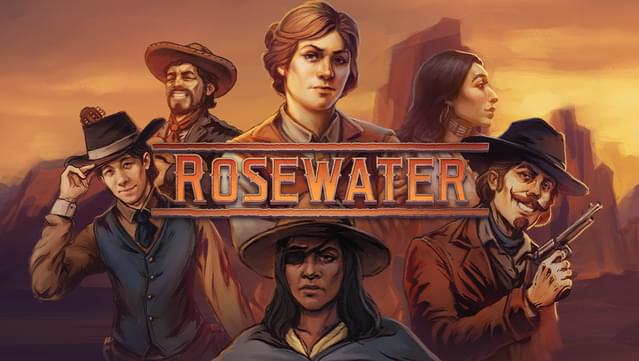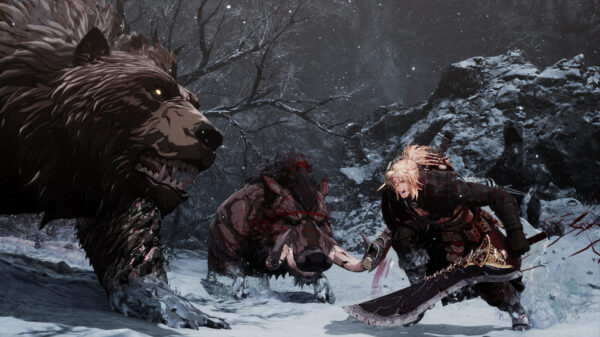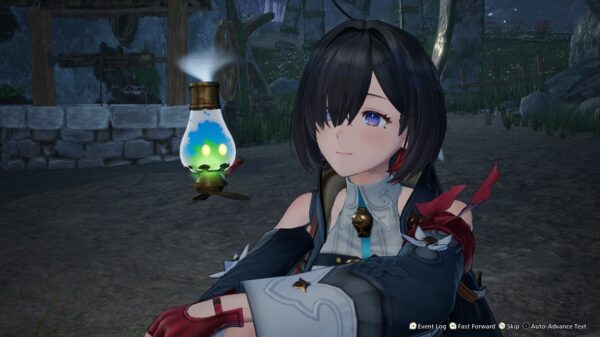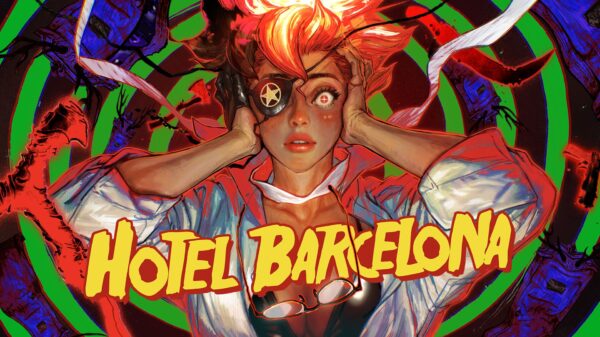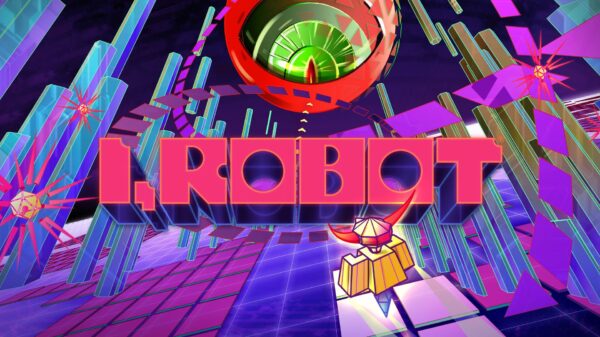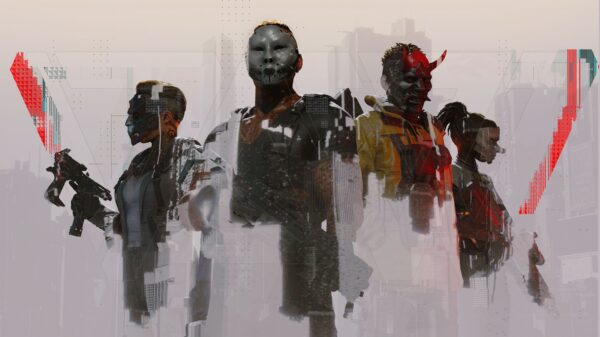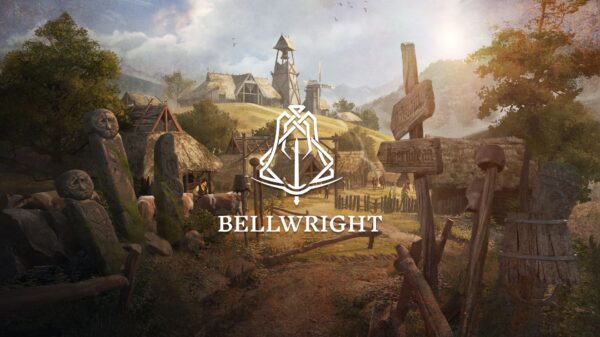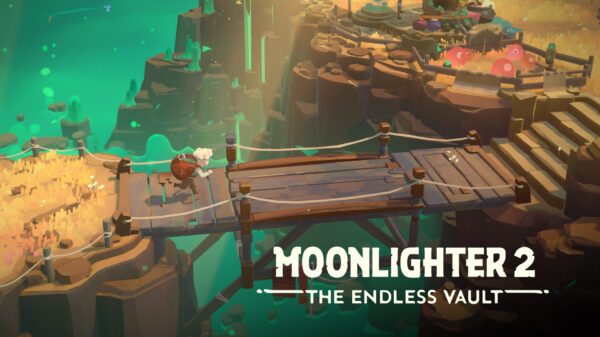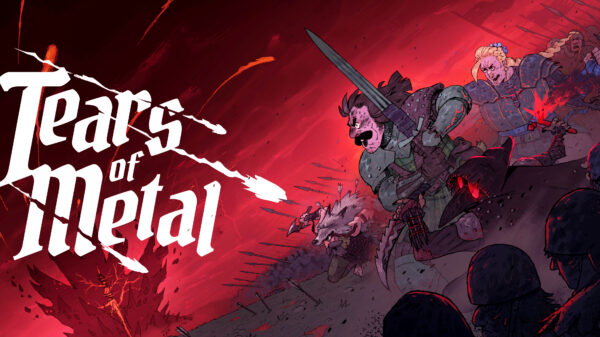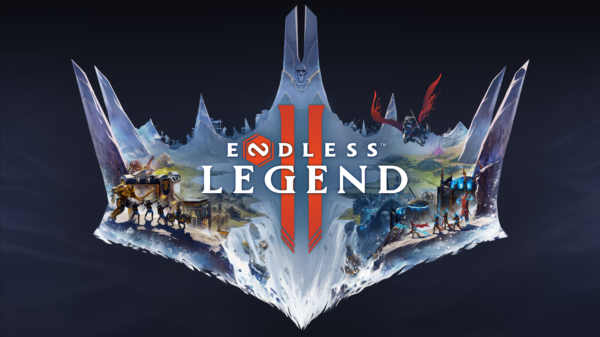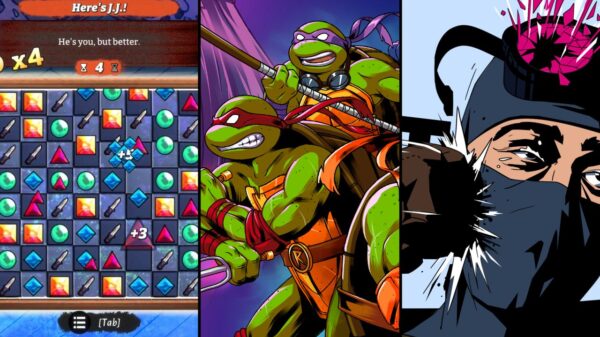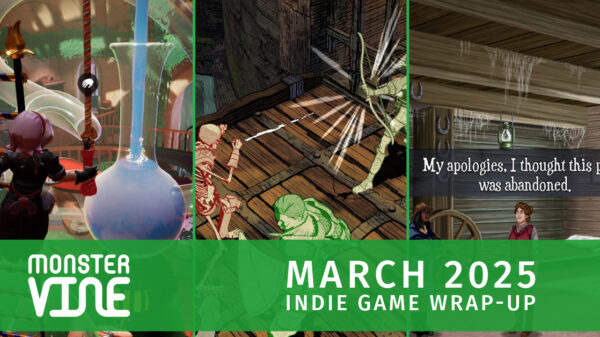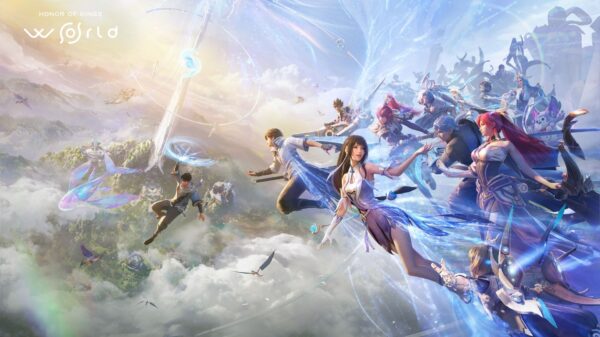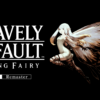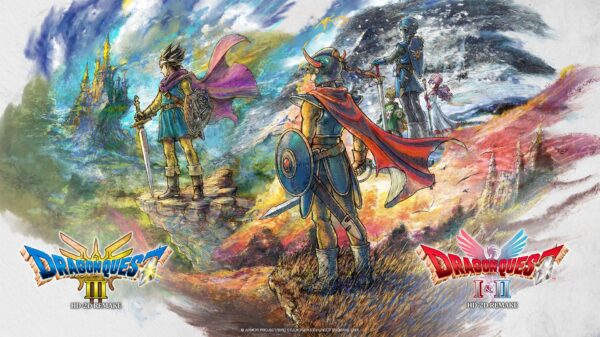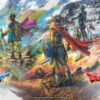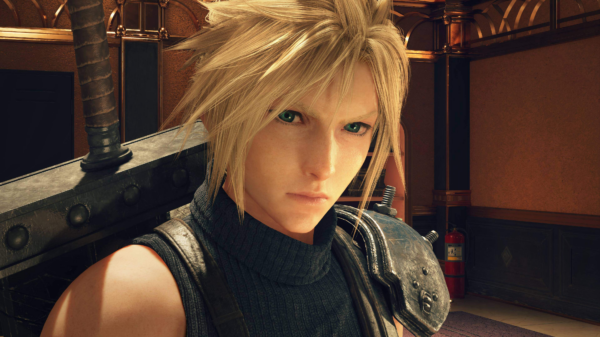Dissidia 012[duodecim] FINAL FANTASY
Developer: Square-Enix
Price: $29.99
Platform: PSP (Playstation Portable) [reviewed]
Release Date: March 3, 2011 (JP), March 22, 2011 (NA), March 25, 2011 (EU)
It’s been a little over a year and a half since the release of the original Dissidia Final Fantasy, but Square-Enix intends to show that its 20th anniversary idea is more than just a one-hit wonder. With the release of the awkwardly named (in true SE/Nomura fashion) Dissidia 012[duodecim] Final Fantasy comes many improvements on the original with more characters added to the roster, new multiplayer modes and gameplay enhancements to both the combat system and single player story. But have these changes truly breathed new life into the series, or has this Dissidia successor left us with an odd feeling of deja vu?
 Duodecim (meaning 12 in Latin) is a reference to the point in the time line in which the game takes place. A prequel to the events of the original Dissidia, Duodecim covers the events of the “12th cycle” in the war between Cosmos and Chaos, the ever classic battle between light and dark. If you’re played through the story of its predecessor, there isn’t much that will surprise you about this earlier recount of the war. Granted, there is perhaps some intrigue in finding out why certain characters seem to be playing for the other team (ex. Cloud, Terra) when we know them to have switched sides before the beginning of the 13th cycle, but other than the occasional dipping into volatile shades of grey at certain chapters, Square-Enix‘s narrative generally remains to be a black and white affair.
Duodecim (meaning 12 in Latin) is a reference to the point in the time line in which the game takes place. A prequel to the events of the original Dissidia, Duodecim covers the events of the “12th cycle” in the war between Cosmos and Chaos, the ever classic battle between light and dark. If you’re played through the story of its predecessor, there isn’t much that will surprise you about this earlier recount of the war. Granted, there is perhaps some intrigue in finding out why certain characters seem to be playing for the other team (ex. Cloud, Terra) when we know them to have switched sides before the beginning of the 13th cycle, but other than the occasional dipping into volatile shades of grey at certain chapters, Square-Enix‘s narrative generally remains to be a black and white affair.
While the familiar board game environment returns in Duodecim, the biggest change to the single player campaign is the addition of instanced overworlds, which allows players to freely roam from each objective. Scattered around each overworld are orbs of light which the player can then destroy and collect. Every four that are collected are then transformed into ‘skills’ which provide useful benefits for the players as they play through the game. These ‘skills’ are not usable in actual battles, but serve as helpful tools in maximizing point gains and item rewards when the player is making his/her way on the board. The overworld feature is a welcomed change to what was a dull, inanimate experience in the previous title, but with very little function other than to travel from point A to B whilst collecting shiny bright objects, the entire affair unfortunately still feels rather tedious and virtually inconsequential to the overall task.
 Duodecim‘s combat system retains all of its core features of the original and will be immediately accessible to fans. Bravery and HP attacks and their purpose remains unchanged. EX bells, Dodge, Dash and Block all return in familiar form. What’s new to Duodecim are the Assist characters, and the choice between fighting battles in “Action-style” or “RPG” mode. During battles, secondary characters can be chosen, and called in by the player to provide support and/or assistance in dishing out damage. These ‘Assists’ can only be summoned when the appropriate amount of meter has been filled, which the player does by dealing Bravery damage. Assist characters can effectively do three things: deal bravery damage, deal HP damage, and take damage in place of the player. Each ability is dependent on how much of your Assist meter is filled. Truly, having an Assist character take a beating for you is certainly a life-saver when you know your opponent is about to deal a fatal blow to your health bar.
Duodecim‘s combat system retains all of its core features of the original and will be immediately accessible to fans. Bravery and HP attacks and their purpose remains unchanged. EX bells, Dodge, Dash and Block all return in familiar form. What’s new to Duodecim are the Assist characters, and the choice between fighting battles in “Action-style” or “RPG” mode. During battles, secondary characters can be chosen, and called in by the player to provide support and/or assistance in dishing out damage. These ‘Assists’ can only be summoned when the appropriate amount of meter has been filled, which the player does by dealing Bravery damage. Assist characters can effectively do three things: deal bravery damage, deal HP damage, and take damage in place of the player. Each ability is dependent on how much of your Assist meter is filled. Truly, having an Assist character take a beating for you is certainly a life-saver when you know your opponent is about to deal a fatal blow to your health bar.
Players can choose to fight battles in one of two modes: “Action-style” and “RPG” mode. “Action-style” is your classic Dissidia style. Each move is inputted by the player, allowing them the highest degree of control in both which moves they wish to use and precisely when. In contrast, “RPG” mode is much more streamlined. During fights, players toggle between Move, Fight, Finisher, or Defend. Each command is fairly intuitive, with ‘Move’ automatically pursuing EX bells when present and ‘Defend’ being usually on point with Dodges. ‘Fight’ deals primarily with Bravery attacks while ‘Finisher’ is for your HP attacks. As with streamlined systems, you cannot choose which Bravery or HP attack your character will use when in ‘Fight’ or ‘Finisher’ mode, but the AI does tend to make fairly good decisions in regards to this. To be quite honest, I rather like RPG mode. Of course, during heated battles I will almost always go with Action-style over RPG mode, but in a game where grinding battles over and over again to level up characters is a die-hard necessity, “RPG” mode definitely feels like a well-rewarded auto-pilot that makes the mundane activity a lot easier to endure.
 Online play is much more welcoming this time around with the ability to create lobbies, participate in group battles (team battles), as well as spectate other fights. Duodecim does not support its own online network so players again have to resort to Ad-Hoc on their PS3s if they decide to want to take the fight to the global stage. I haven’t delved too deep in this particular part of the game, but from sifting through menus, the online affair does feel like an actual part of the game this time around. Replay mode also returns, along with the store catalog for purchasing alternate costumes and characters for versus mode.
Online play is much more welcoming this time around with the ability to create lobbies, participate in group battles (team battles), as well as spectate other fights. Duodecim does not support its own online network so players again have to resort to Ad-Hoc on their PS3s if they decide to want to take the fight to the global stage. I haven’t delved too deep in this particular part of the game, but from sifting through menus, the online affair does feel like an actual part of the game this time around. Replay mode also returns, along with the store catalog for purchasing alternate costumes and characters for versus mode.
The Final Word
As a whole, Dissidia 012[duodecim] Final Fantasy is a great game, if not feeling more like an upgrade than a stand-alone title. While it boasts an entirely new story entry in the series’ long and winding war, and a hefty addition of characters to the roster, its combat-oriented focus places all of our attention on how it plays rather than what it tells. While Assist characters do add a wider variety of options in match-ups, and the addition of new fan favourites caters to the series’ self-defining fan service, the familiar pacing, graphical style, and untouched core mechanics don’t allow the game to significantly transcend above its predecessor. If you’re a fan of Dissidia, or just love Final Fantasy, Duodecim is a title worth adding to your collection.
– MonsterVine Rating: 4 out of 5 — Good

